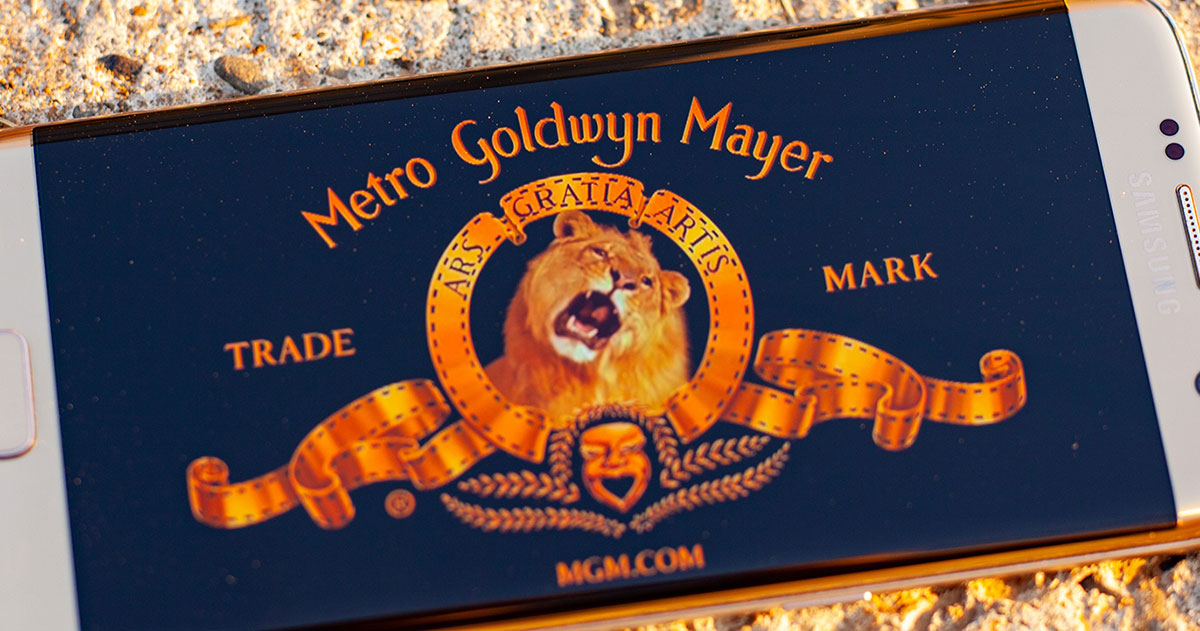Why Amazon’s Purchase of MGM May Not Be as Significant as It Seems

The latest battle of the streaming wars has Amazon out on top.
The company purchased MGM Studios in an $8.45 billion deal announced Wednesday, the second-largest acquisition in Amazon’s history following the $13.7 billion purchase of Whole Foods in 2017. The move theoretically would grant Amazon the rights to MGM’s catalog of more than 4,000 films and 17,000 TV shows, including the James Bond franchise and favorites such as 12 Angry Men, Rocky, and The Pink Panther.
“The real financial value behind this deal is the treasure trove of intellectual property in the deep catalog that we plan to reimagine and develop together with MGM’s talented team,” Mike Hopkins, senior vice president of Prime Video and Amazon Studios, said in a statement.
Digging into the deal, however, Babson College Lecturer Peter Cohan challenged if its influence will be substantial.
“On the surface, it seems like something that should be significant: an e-commerce company buying a Hollywood studio,” he said. “(But) it doesn’t have the strategic impact of, say, Amazon’s decision to buy Whole Foods.”
Will it Spur Subscriptions?
Prime Video competes directly with Netflix, Peacock, Disney+, and Hulu, among other streaming services. Cohan said this deal may cause competitors—which could feel like they are losing ground—to try to keep up with an acquisition of their own.
“On the surface, it seems like something that should be significant. (But) it doesn’t have the strategic impact of, say, Amazon’s decision to buy Whole Foods.”
Lecturer Peter Cohan
Yet, he questioned if the acquisition truly will prompt prospective customers to sign up for Amazon Prime, the company’s flagship product, which, for $119 a year, includes free shipping on items and access to Prime Video, its subservice.
“Prime is a great product,” Cohan said. “Buying an old movie studio … I don’t expect there to be a huge influx of subscribers. … It’s like a free giveaway.”
Acquisition vs. Innovation
With its spate of high-profile acquisitions and a market cap already more than $1.6 trillion, Amazon continues to expand its holdings and its influence, especially on media consumption. Cohan cautions large companies driving growth through acquisitions over continuing innovation.
Cohan said indicators of large, fast-growing technology companies include processes that allow them to get more products into customers’ hands. Acquisitions, on the other hand, actually may be an ominous sign, he says.
“When you see big companies resorting to acquisitions to drive growth, usually that’s a sign of trouble. Most big acquisitions fail,” Cohan said, citing the AOL-Time Warner merger, for example, which was valued at $350 billion. “The ability to have employees at all levels of the company innovating, that’s going to allow large companies to continue to grow.”




